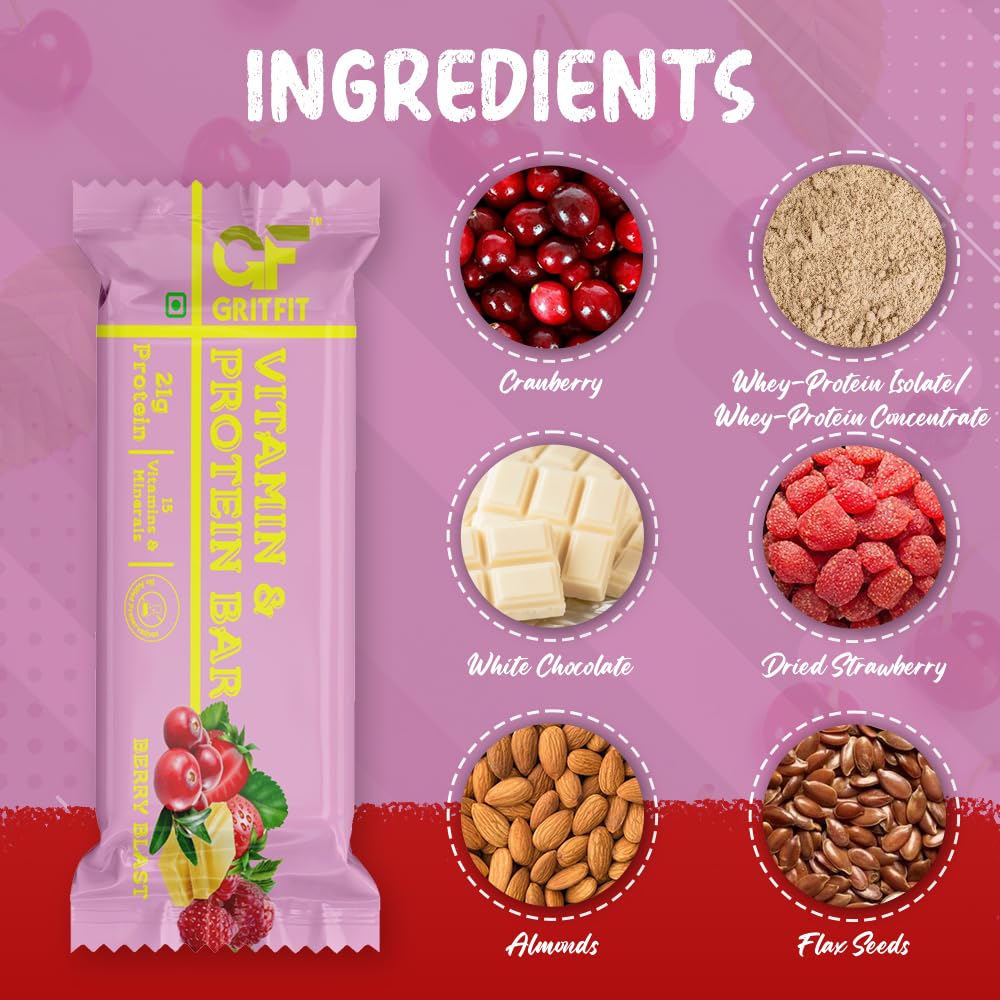Protein bars have become a popular snack choice for those seeking a convenient and nutritious way to fuel their bodies. However, a common question arises: Do protein bars make you gain weight?
The Truth Behind the Hype
The answer to this question isn’t straightforward. While protein bars can be a valuable part of a balanced diet, they can also contribute to weight gain if consumed mindlessly or in excess. Let’s delve into the factors that influence their impact on your weight.
Caloric Content: A Double-Edged Sword
- High-Calorie Options: Many protein bars are designed to be calorie-dense, providing a significant amount of energy in a small package. This can be beneficial for athletes and individuals with high energy needs. However, for those watching their weight, consuming too many high-calorie protein bars can lead to a calorie surplus, resulting in weight gain.
- Low-Calorie Alternatives: Fortunately, the market offers a variety of low-calorie protein bars. These options can be a great choice for individuals aiming to maintain or lose weight. They provide a satisfying snack without significantly impacting your daily calorie intake.
The Role of Added Sugars
- Hidden Sugars: Some protein bars contain added sugars to enhance their taste. While these sugars might not be as harmful as refined sugar, they can still contribute to weight gain if consumed in excess.
- Sugar-Free Options: Look for protein bars with minimal added sugar or natural sweeteners like stevia or monk fruit. These options can help you avoid the negative effects of excessive sugar intake.
Protein Bars and Weight Loss
- Appetite Control: Protein is known to promote satiety, helping you feel fuller for longer. By consuming protein bars strategically, you can reduce overall calorie intake and curb cravings, which can aid in weight loss.
- Muscle Maintenance: Protein is essential for muscle repair and growth. By incorporating protein bars into your diet, you can support muscle mass, which can boost your metabolism and help you burn more calories.
Tips for Choosing the Right Protein Bar
- Read the Label Carefully: Pay close attention to the calorie count, sugar content, and protein content. Opt for bars with a balanced macronutrient profile.
- Prioritize Natural Ingredients: Choose protein bars made with whole food ingredients like nuts, seeds, and fruit. Avoid those with artificial additives, preservatives, and excessive processed ingredients.
- Consider Your Dietary Needs: If you have specific dietary requirements, such as being vegan, gluten-free, or lactose intolerant, select protein bars that align with your needs.
- Moderation is Key: While protein bars can be a convenient and nutritious snack, moderation is crucial. Don’t rely on them as your sole source of nutrition. Incorporate them into a balanced diet that includes a variety of whole foods.
In Conclusion
Protein bars can be a valuable tool in your weight management journey, but they are not a magic solution. By understanding their nutritional content, choosing wisely, and practicing moderation, you can harness their benefits without compromising your weight loss goals. Remember, a balanced diet, regular exercise, and mindful eating habits are key to sustainable weight management.
Additional Tips
- Be aware of your calorie needs: If you’re trying to lose weight, you’ll need to be in a calorie deficit. This means that you’ll need to eat fewer calories than you burn. If you’re trying to gain weight, you’ll need to be in a calorie surplus. This means that you’ll need to eat more calories than you burn.
- Consider your macros: Protein, carbohydrates, and fats are the three macronutrients that your body needs. When choosing a protein bar, make sure that it has a good balance of all three macronutrients.
- Don’t forget about micronutrients: Protein bars may be high in protein, but they may be low in other important nutrients, such as vitamins and minerals. Make sure that you’re getting all the nutrients you need from other sources.
- Listen to your body: If you’re feeling hungry, eat a protein bar. If you’re not hungry, don’t eat a protein bar. It’s important to listen to your body and eat when you’re hungry and stop when you’re full.
- Make protein bars part of a balanced diet: Protein bars should not be your only source of nutrition. Make sure that you’re eating a variety of other healthy foods, such as fruits, vegetables, and whole grains.
By following these tips, you can enjoy the benefits of protein bars without gaining weight.
